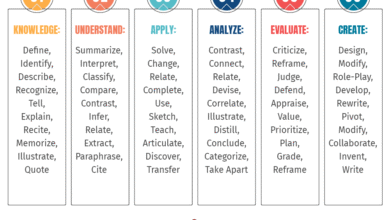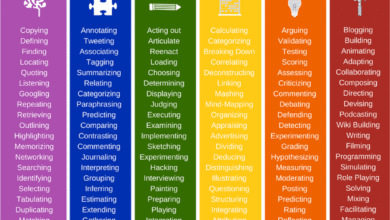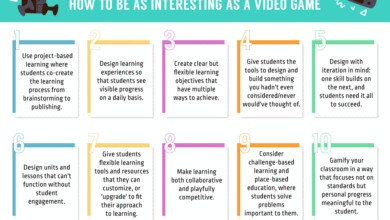10 Amazing Research Projects Going On Right Now

by TeachThought Staff
AI-Driven Climate Modeling
Researchers use advanced AI models to predict climate changes more precisely. This project integrates machine learning with global climate data to simulate potential outcomes. The goal is to identify key mitigation strategies for climate adaptation. By improving accuracy, policymakers can make better-informed decisions to combat climate change.
CRISPR Gene Editing for Disease Treatment
CRISPR technology revolutionizes gene editing, with current research focusing on treating genetic diseases like sickle cell anemia and muscular dystrophy. Scientists are developing precise gene editing tools to repair or replace faulty genes. Early results in clinical trials are promising, offering hope for future cures. The potential applications of CRISPR are vast, extending beyond healthcare to agriculture and ecology.
See also 6 Learning Technologies Of The Far Future
Quantum Computing for Cryptography
Quantum computing is being explored to revolutionize cryptography, making data encryption more secure. Researchers are working on quantum algorithms that can outperform traditional encryption techniques. This could transform cybersecurity and data protection for various industries. The project also explores protecting current encryption methods from potential quantum threats.
Fusion Energy Research
Fusion energy research has made significant strides with projects like ITER, aiming to create a sustainable energy source by replicating the power of the sun. Scientists are exploring new materials and magnetic confinement techniques to make fusion energy viable. The goal is to achieve “net positive” energy, where fusion produces more energy than it consumes. If successful, this could revolutionize global energy consumption.
Regenerative Medicine and Organ Bioengineering
Researchers are progressing in creating lab-grown organs for transplant patients. Using stem cells and 3D printing technologies, scientists bioengineered tissues and organs like hearts and kidneys. This project aims to address the organ shortage crisis by providing custom-made organs. If perfected, it could save countless lives and reduce the need for organ donors.
Deep-Sea Exploration and Biodiversity
Advances in autonomous underwater vehicles (AUVs) enable deeper exploration of the ocean’s uncharted areas. Scientists are discovering new species and ecosystems that could provide insights into biodiversity and climate resilience. This project helps us better understand how ocean life adapts to extreme environments. The findings have important implications for marine conservation and sustainable fishing.
Brain-Computer Interface for Neural Rehabilitation
Brain-computer interface (BCI) technology helps patients with neurological disorders regain motor functions. By connecting the brain to external devices, researchers aim to develop tools for stroke victims and those with spinal cord injuries. These interfaces allow users to control prosthetics or computers with their thoughts. The project shows promise for revolutionizing neural rehabilitation and enhancing the quality of life for patients.
SpaceX’s Starship for Mars Colonization
SpaceX’s Starship project is advancing space exploration to establish a human presence on Mars. The research focuses on building reusable spacecraft capable of interplanetary travel. This project has broad implications for space travel, resource mining, and planetary colonization. It could open up new possibilities for human expansion beyond Earth if successful.
Microbiome Research for Mental Health
Scientists are investigating how gut bacteria influence mental health, specifically anxiety and depression. This project explores the gut-brain axis and its role in regulating mood and cognitive function. Researchers are working to develop probiotic treatments that can improve mental health through diet. The findings could lead to novel treatments for mental health conditions with fewer side effects than traditional medications.
Artificial Photosynthesis for Sustainable Energy
Researchers are developing artificial photosynthesis systems that mimic how plants convert sunlight into energy. This project aims to create clean, sustainable energy by turning sunlight into fuel. If successful, the technology can drastically reduce carbon emissions and provide a renewable energy source. It could transform energy production and significantly impact climate change efforts.
Source link



